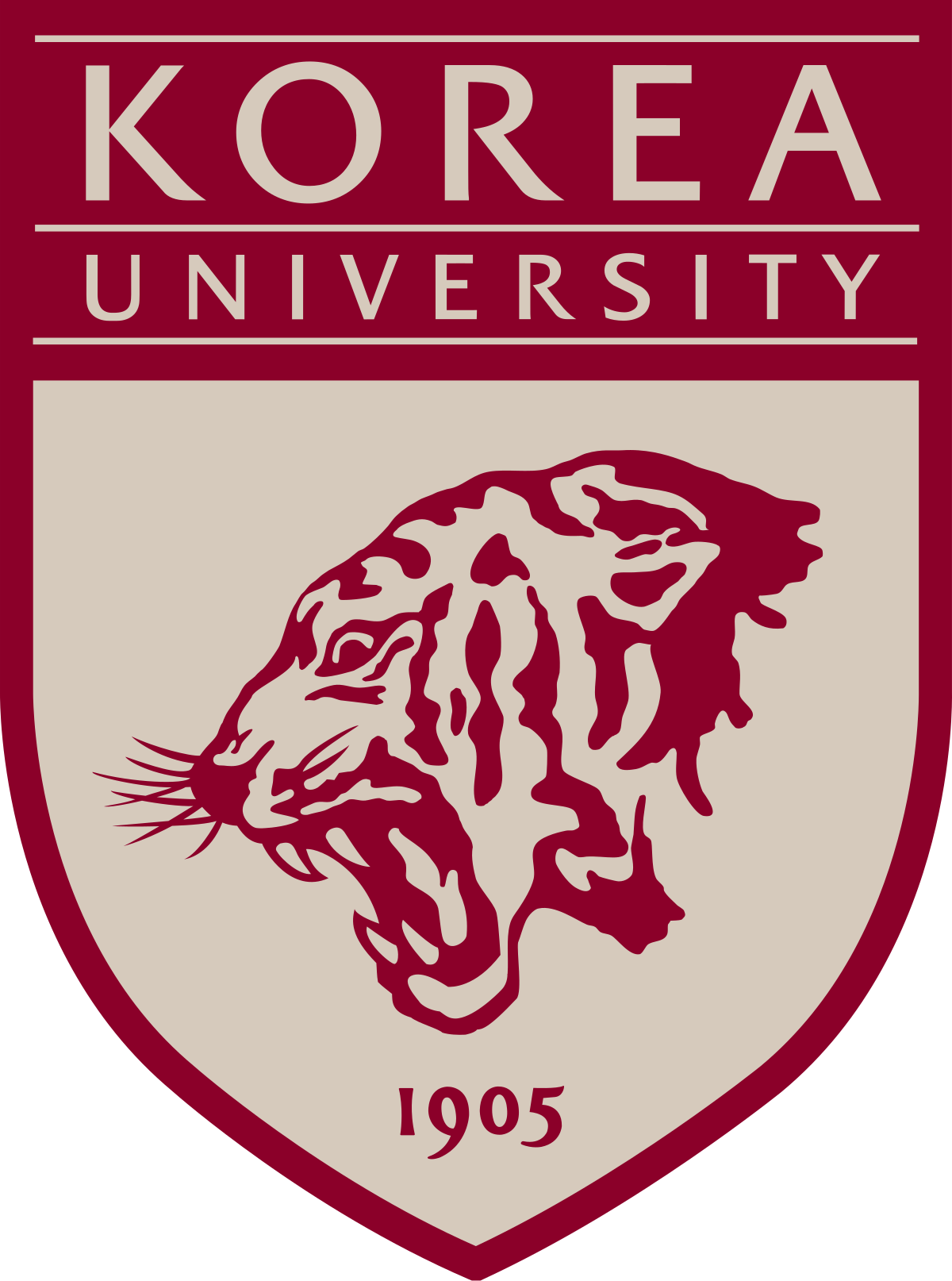Stellenbosch University
Explore the comprehensive timeline of Stellenbosch University, detailing significant milestones and historical events from its founding days to the present. Discover the evolution of one of South Africa’s leading institutions in higher education, highlighting academic achievements, notable alumni, and crucial moments in its history.
Establishment of Stellenbosch University
Stellenbosch University, one of South Africa's leading universities, was established in 1918. Originally known as Stellenbosch University College, it was an evolution of the Stellenbosch Gymnasium which started in 1866. The university began with four faculties: Science, Education, Arts, and Agriculture. Over the years, it grew significantly to include a variety of programs and is known for its research contributions.
Admission of Black Students
In the early 1990s, Stellenbosch University, which had historically been an Afrikaans-speaking institution for white students, began to admit black students. This marked a significant shift in the university's policies toward inclusiveness and diversity. The decision was part of a broader move across South Africa's educational institutions to end segregation and was influenced by the national changes towards ending apartheid.
Establishment of SciMathUS Program
In 2002, Stellenbosch University launched the SciMathUS program, aimed at improving access to higher education for disadvantaged students. The program focuses on providing an additional year of study to help students improve their matric results in Mathematics and Physical Sciences. This initiative has been pivotal in promoting equity and providing opportunities for students from underprivileged backgrounds.
Language Policy Controversy
In 2015, Stellenbosch University faced significant controversy and protests regarding its language policy. The university had traditionally used Afrikaans as a medium of instruction, which some students argued was exclusionary. The 'Open Stellenbosch' movement led protests demanding a more inclusive language policy. As a result, the university revised its language policy to include English as a principal language of instruction.
Establishment of the University Museum
In 2016, Stellenbosch University opened its University Museum, dedicated to preserving and showcasing the institution's rich history. The museum features a diverse collection of art, artifacts, and exhibits highlighting the university's contributions to education and research. This development underscores Stellenbosch University's commitment to fostering cultural appreciation and dialogue among students and the broader community.
Innovative Water Resilience Solutions
In response to recurring droughts, in 2017, Stellenbosch University implemented innovative water resilience solutions. These initiatives included developing water-saving technologies and guidelines for sustainable water usage. The university became a hub for water resilience research, focusing on strategies to help communities manage water resources effectively amid climate change and water scarcity challenges.
100th Anniversary Celebration
In November 2018, Stellenbosch University celebrated its 100th anniversary, marking a century since its establishment in 1918. The centenary celebrations included a range of events, lectures, and exhibitions to reflect on the university's history and envision its future. The anniversary was a significant milestone, highlighting the university's evolution and its contributions to education and research in South Africa and beyond.
Launch of the School for Climate Studies
In 2019, Stellenbosch University launched the School for Climate Studies, the first of its kind in Africa. This initiative aims to address climate change challenges through research, teaching, and engagement with the public and private sectors. The school facilitates interdisciplinary approaches to finding solutions to climate-related issues, emphasizing the university's commitment to sustainability and environmental stewardship.
Stellenbosch University's COVID-19 Research Contributions
During the COVID-19 pandemic in 2020, Stellenbosch University researchers were at the forefront of scientific research related to the virus. They conducted studies ranging from vaccine development to the socio-economic impacts of the pandemic. The university's expertise in health and medicine contributed significantly to understanding and mitigating the effects of COVID-19 in South Africa and globally.
Stellenbosch University Digital Transformation
In 2021, Stellenbosch University initiated a comprehensive digital transformation project to modernize its infrastructure and enhance digital engagement. The project involves leveraging technology to improve learning experiences, research capabilities, and administrative efficiency. This transformation is pivotal to the university's strategy to remain at the forefront of education and innovation in the digital age.
Frequently asked questions about Stellenbosch University
Discover commonly asked questions regarding Stellenbosch University. If there are any questions we may have overlooked, please let us know.
When did Stellenbosch University become racially integrated?
What are some recent achievements of Stellenbosch University?
What were the significant developments at Stellenbosch University during the 20th century?
When was Stellenbosch University founded?
Related timelines
More timelines connected to Stellenbosch University



